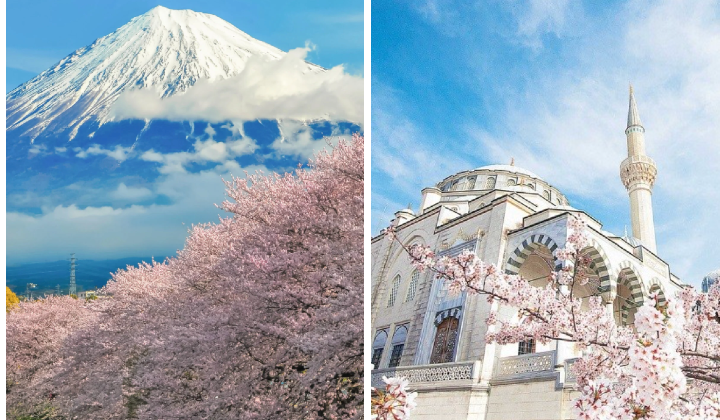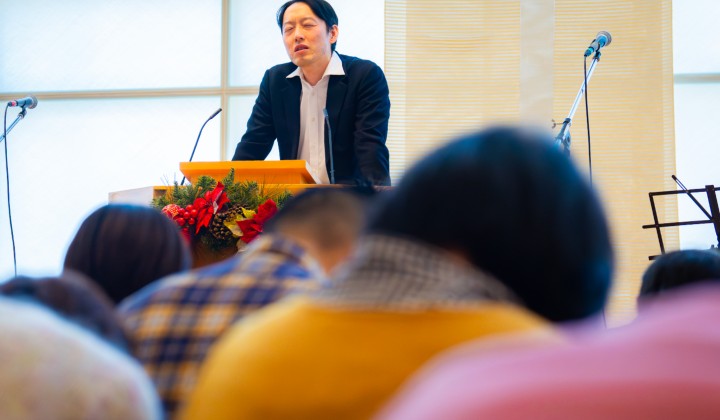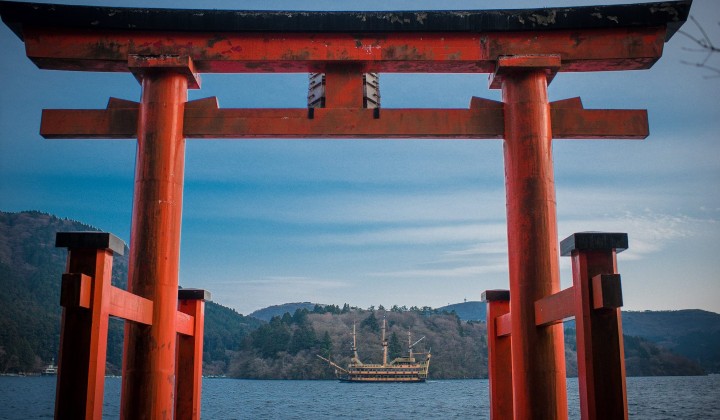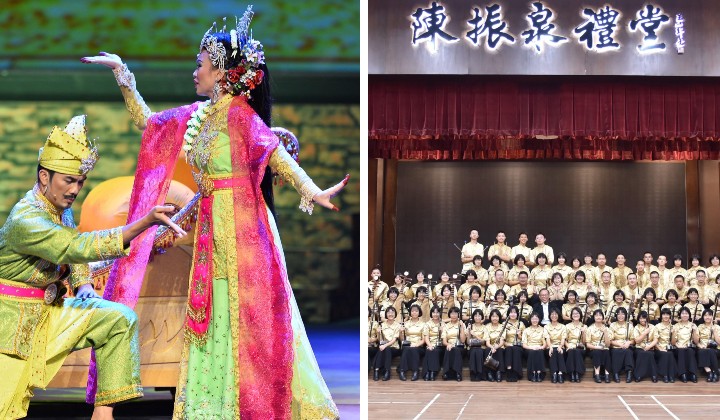Rising Sun, New Faith: The Malaysian Crusade For Islam In Japan
Efforts like those of Zulkarnain Hasan Basri to promote understanding and integration through da’wah (Islamic missionary work) highlight the ongoing dialogue between Islam and Japanese culture.

Subscribe to our FREE Newsletter, or Telegram and WhatsApp channels for the latest stories and updates.
In an era when the lines between cultures are increasingly blurring, Zulkarnain Hasan Basri, a Malaysian migrant in Japan, has embarked on a bold mission to weave the tranquil beauty of Japanese culture with the deep spirituality of Islam.
His initiative has led to the founding of the Japan Da’wah Centre in Osaka and the groundbreaking construction of a mosque, Masjid Al-Da’wah, in Wakayama.
Through these efforts, Zulkarnain and his team – having converted several Japanese to Islam over the years – aim to establish a lighthouse of Islamic faith in the Land of the Rising Sun.
To energize da’wah work and programs in Japan, there’s a pressing need for funds to cover the salaries of da’wah workers, operational costs, the translation of the Quran, and utility bills.
These are all vital for spreading and deepening the understanding of Islamic teachings.
Recognizing the critical role of financial support in these endeavours, Zulkarnain is actively raising funds with a target of RM750,000 to finance these essential da’wah activities in the region.
This fundraising effort is about meeting immediate needs and making a lasting investment in the future of Islamic outreach in Japan.
This significant sum will facilitate various essential activities, including disseminating Islamic knowledge through translated materials, public talks, educational programs, and maintaining facilities necessary for these endeavours.
The Path of Faith in a Land of Diverse Beliefs
Amidst a society known for its rich traditions and technological advancements, the question arises: Will Japan embrace this call to Islam?
In Japan, the religious landscape is diverse, with a mix of Shintoism, Buddhism, Christianity, and other religions.
Japan’s Constitution guarantees freedom of religion, allowing individuals to choose, practice, and change their religious beliefs without interference or discrimination from the government or society.
According to the 2022 edition of the Religion Yearbook by the Agency for Cultural Affairs in Japan, the distribution of believers among these religions is as follows:
Shinto: 48.5% (87,924,087 believers)
Buddhism: 46.3% (83,971,139 believers)
Christianity: 1.0% (1,909,757 believers)
Other religions: 4.0% (7,403,560 believers)

It is important to note that despite these figures, a significant portion of the Japanese population identifies as non-religious.
Many Japanese people engage in religious practices and rituals without necessarily subscribing to a specific faith or considering themselves believers.
Nevertheless, Japan, a nation revered for its steadfast commitment to tradition and innovation, presents a unique opportunity to introduce Islamic teachings.

The Japan Da’wah Centre’s endeavour to build Masjid Al-Da’wah as the first mosque with a Japanese concept symbolizes a bridge between two worlds, offering a space for spiritual growth and cultural exchange.
The feasibility and acceptance of Islam in Japan hinge on various factors, including the approach to integration within Japanese society, respect for local customs and traditions, and the universal appeal of Islam’s teachings.
Malaysians have even suggested that Japan, emphasising social harmony, cleanliness, and order, embodies qualities that align with Islamic values and present a model for an ideal Islamic society.
Malaysian Affection for Japan as a Catalyst for Understanding
Given Japan’s historical openness to foreign ideas that complement its societal values, Islam has the potential to find its place among the tapestry of Japanese beliefs, especially when presented in a manner that resonates with local sensibilities.
However, challenges remain, notably in overcoming preconceived notions and fostering mutual understanding amidst diverse religious landscapes.
The success of this initiative will likely depend on sustained dialogue, educational outreach, and the embodiment of Islamic principles in actions that reflect kindness, community service, and respect for all beings—values deeply ingrained in Japanese culture.

Adding to this complex intercultural dialogue is the fact that many Malaysians have a profound love for visiting Japan. This affection stems from several factors:
- Cultural Appreciation: Malaysians are drawn to Japan’s rich culture, from traditional arts and crafts to festivals and culinary delights. Japanese culture’s respect for tradition and meticulous attention to detail resonates with Malaysian visitors.
- Natural Beauty: Japan’s diverse landscapes, from the cherry blossoms of spring to the snow-capped mountains in winter, attract Malaysians seeking natural beauty and serenity.
- Technological Innovation: Malaysia’s interest in technology and innovation finds a parallel in Japan’s reputation as a global leader in cutting-edge technology and design.
- Educational Opportunities: Many Malaysians are attracted to Japan for educational purposes, given Japan’s high-quality education system and research facilities.
- Shared Values: Despite the differences, there are underlying shared values such as respect for elders, emphasis on community well-being, and a strong work ethic that create a mutual understanding between Malaysians and Japanese.
These factors contribute to the strong bond between Malaysia and Japan, with Malaysians’ love for visiting Japan potentially serving as a bridge for deeper intercultural understanding and acceptance of Islam.
The presence of Malaysians in Japan and vice-versa can facilitate cultural exchange that highlights the shared values between Islam and Japanese culture, making the introduction of Islamic principles more relatable and appealing to the Japanese populace.
READ MORE: The Lasting Impact Of Akira Toriyama’s Dragon Ball On Malaysian Fans
READ MORE: Helpdesk Guy Earns RM8K A Month After Learning Japanese
READ MORE: “We Want To Go To Malaysia” – Students In Japan Excited After Making Pisang Goreng
Share your thoughts on TRP’s Facebook, Twitter, and Instagram.





